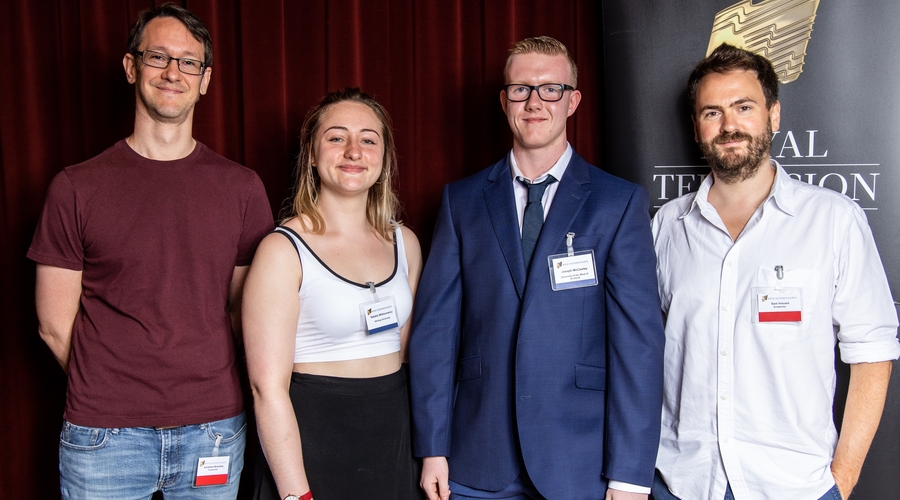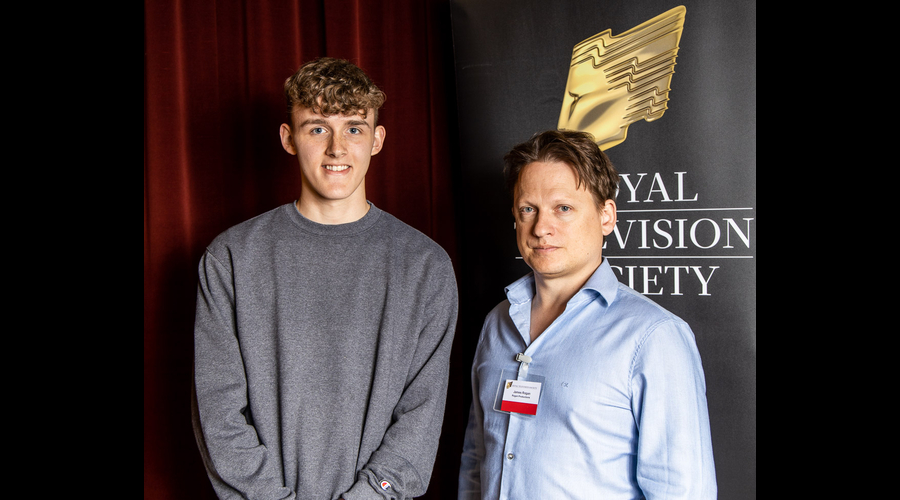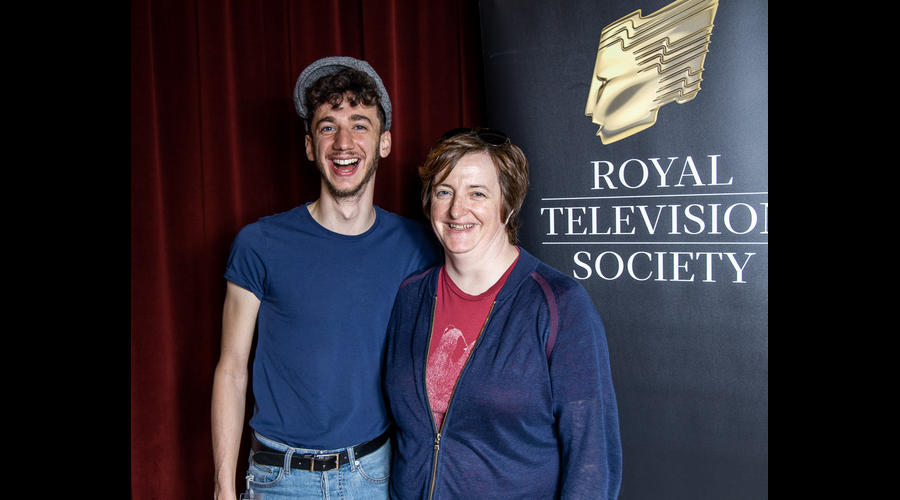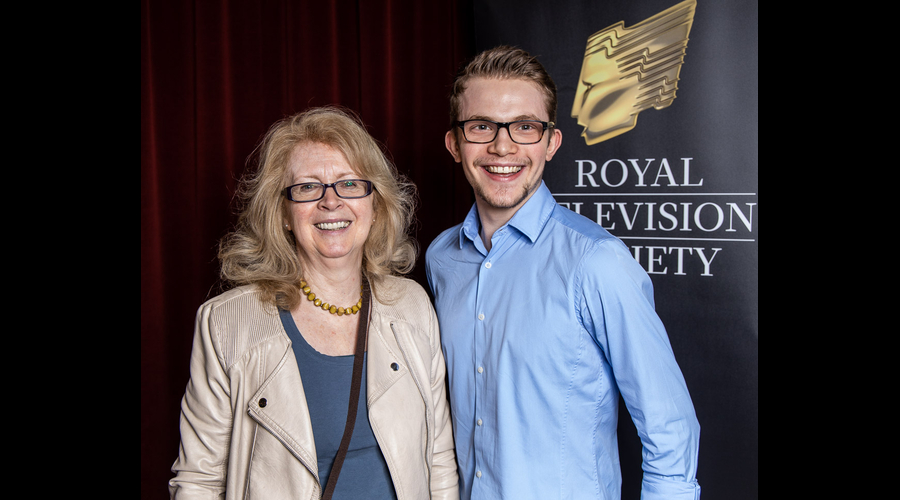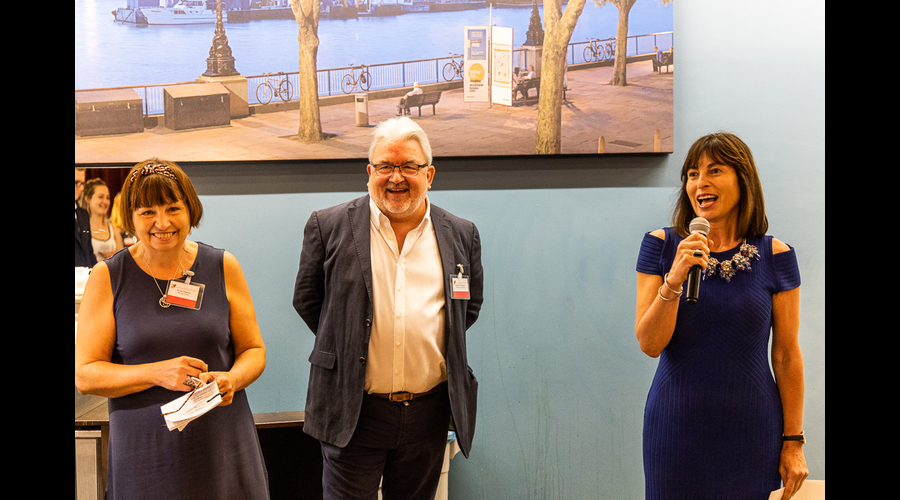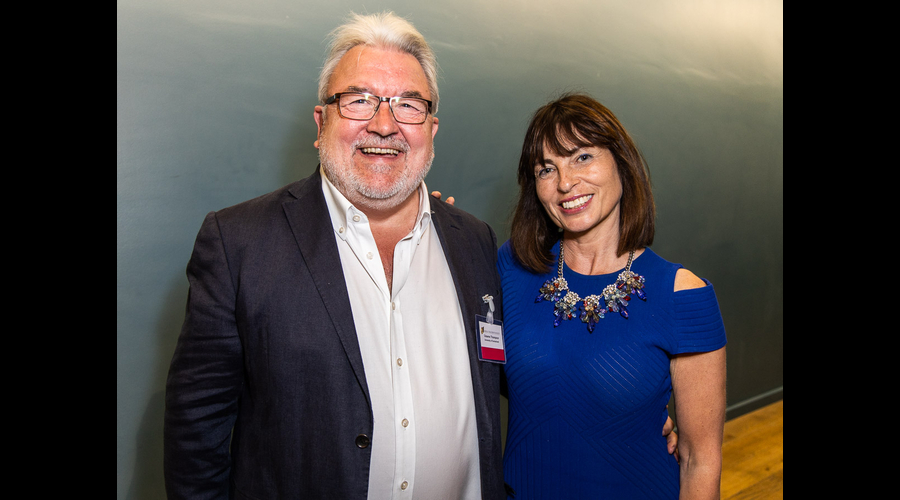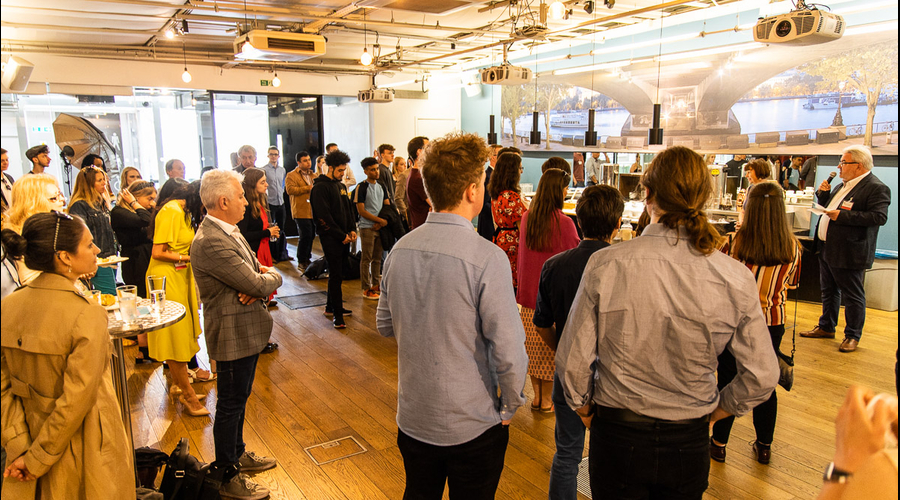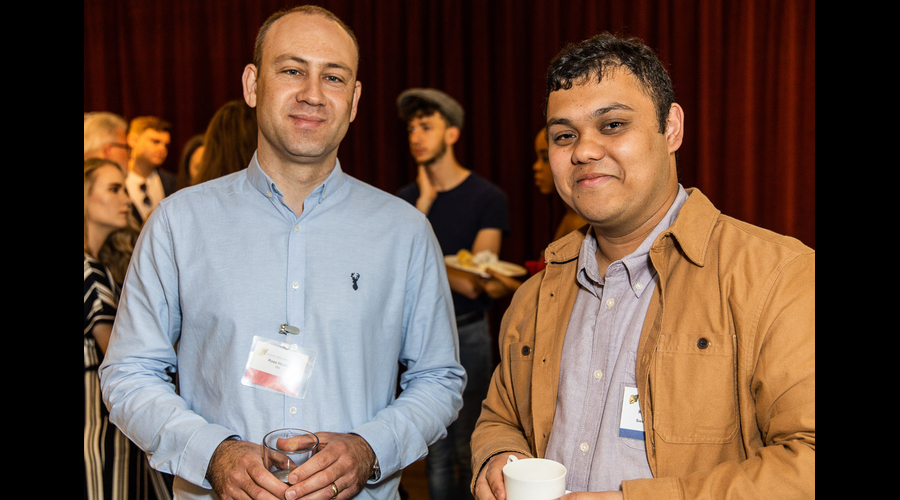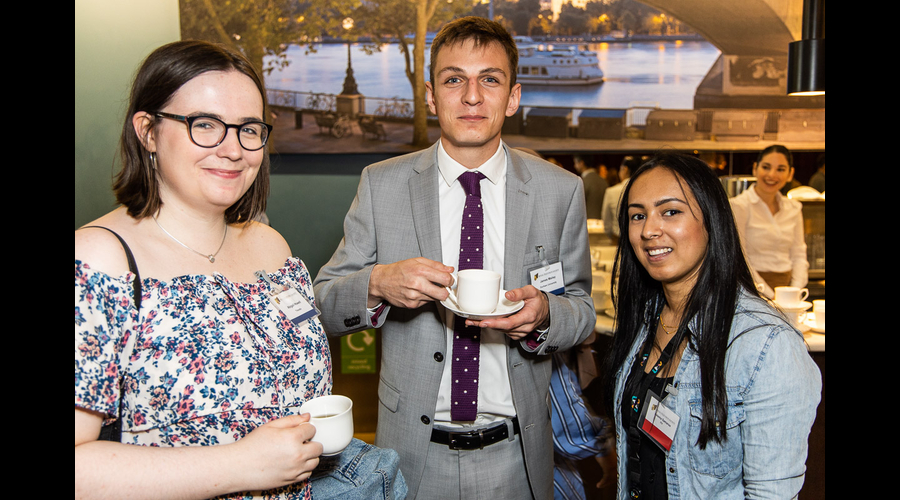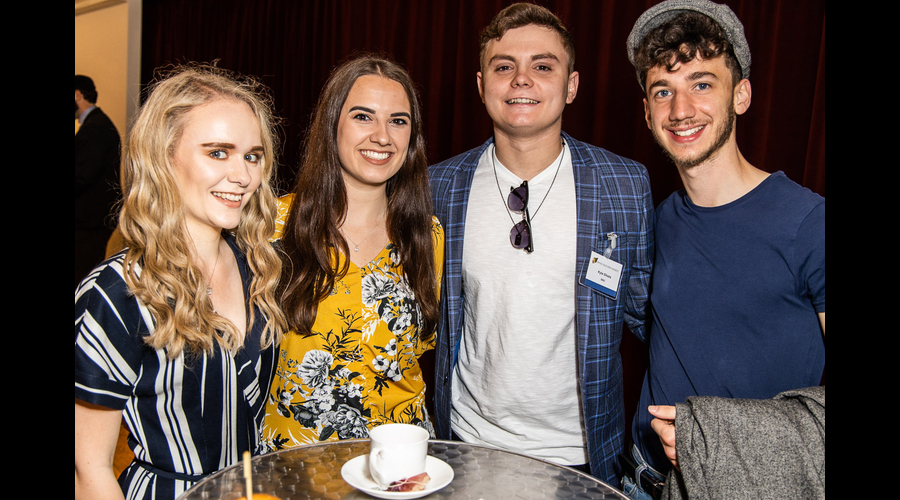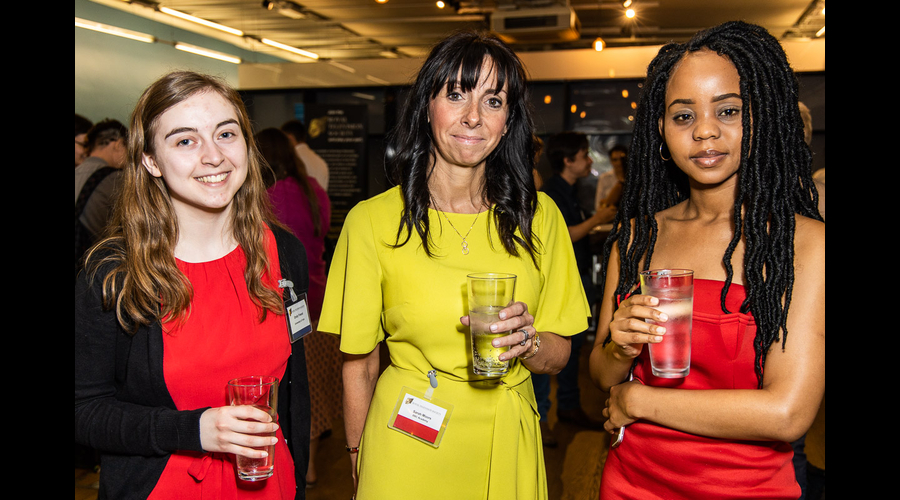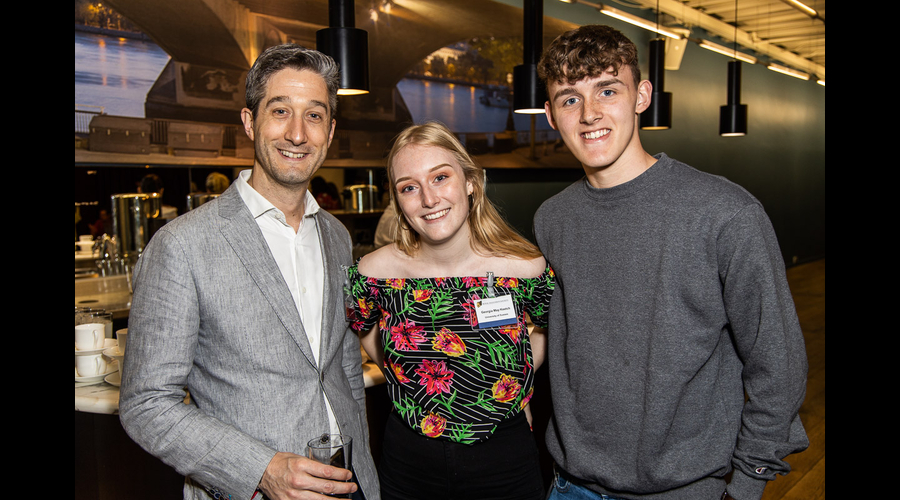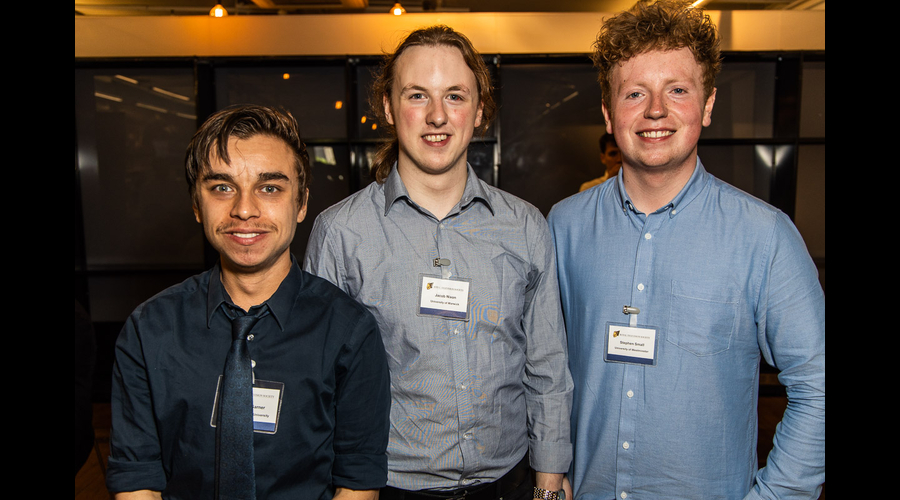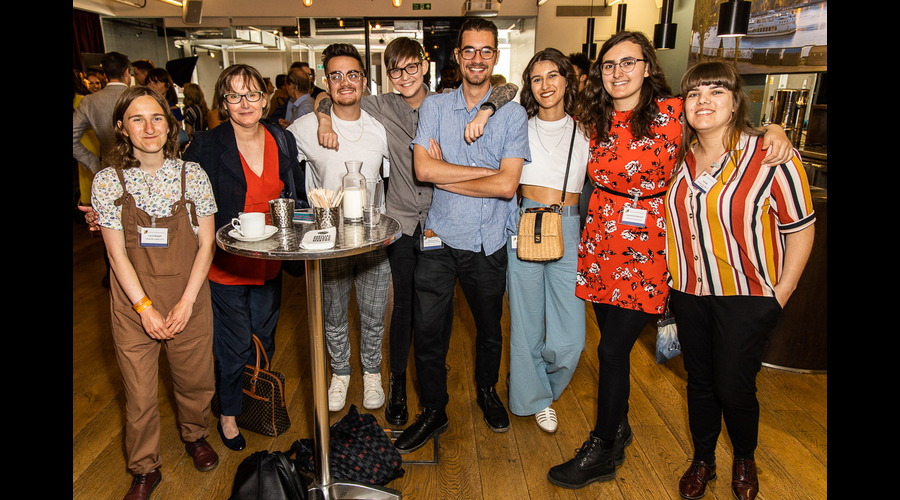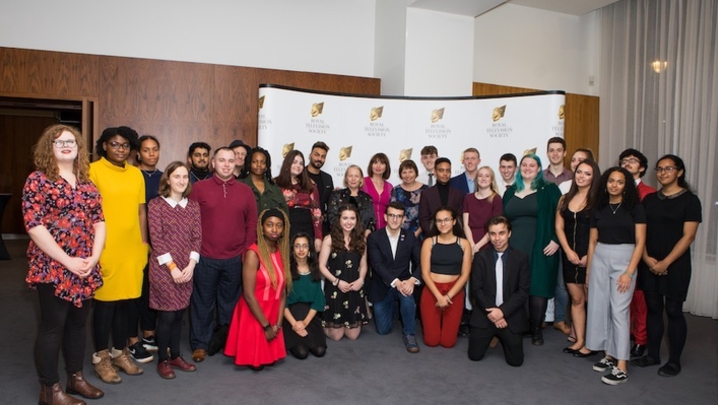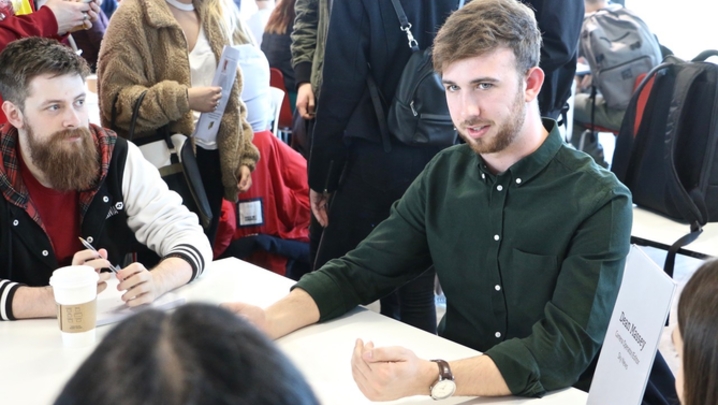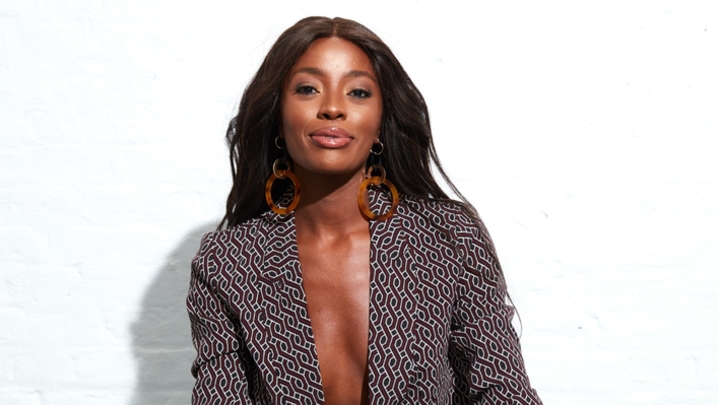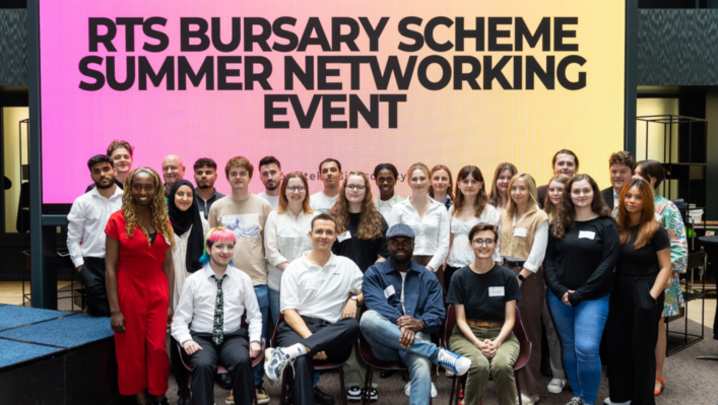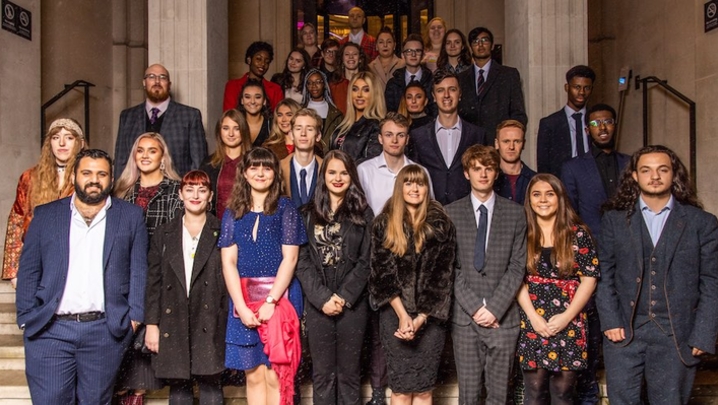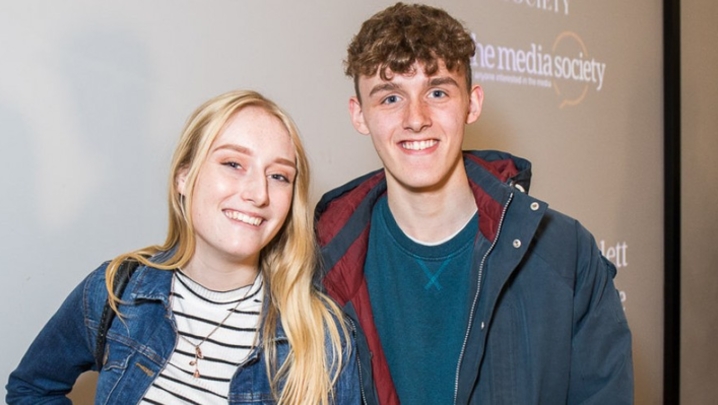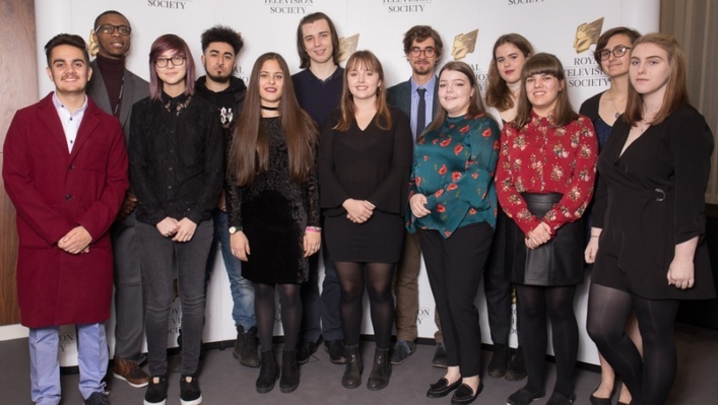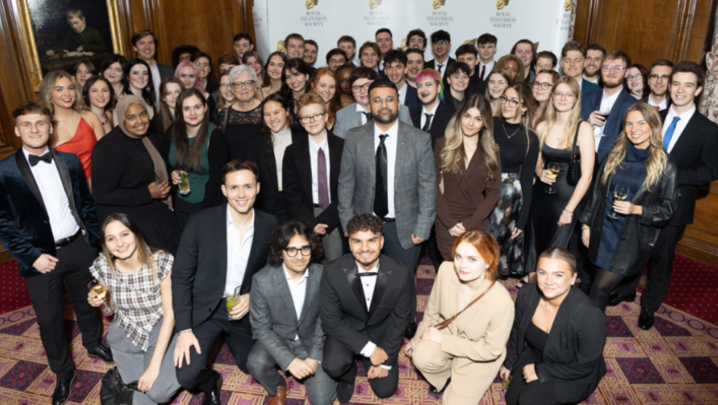The Society held its first ever bursary students and mentors reception at the BFI in central London in late June, attended by representatives from all five years of the scheme.
Addressing the students and mentors, RTS Education Chair Graeme Thompson said: “You are part of a thriving project, which is making a difference to representation in the TV and screen industry. We fervently believe that we reach the parts that others in the industry can’t reach – and that’s fantastic for the diversity of our industry.”
RTS CEO Theresa Wise added: “The media industry should reflect the country and, if it is only reflecting those who can afford free internships or who have families with connections, then we’re not doing our job as an industry.”
Mentors are a key component of the bursary scheme, which, by the end of 2018, was supporting 125 students at 44 universities. “We’ve been incredibly fortunate to recruit really amazing people from broadcasters and production companies up and down the land who’ve given their time and support for this scheme,” said Thompson.
Terry Marsh, Chair of the RTS Young Technologist Award, who mentored University of Westminster Television Production student James Cordell for two years, sees her role as one of preparing students for “what to expect in TV” and helping them to “present themselves effectively to employers”. She added: “Things students have done [outside the industry] are important as skills can be transferable.”
James Rogan mentored Adam Mann, who has gone on to work as a researcher on BBC Two documentary The Mighty Redcar and is now in the same role at factual indie The Garden. He gave Mann experience on sets and an internship at the indie he founded, Rogan Productions, helping him “to work out which direction he wanted to go in”.
As a mentor, Rogan tries to “give students an understanding of how the interview process works and how to engage with people in the industry”.
Rogan’s new mentee is University of Sheffield Journalism Studies student Liam Warden, who said: “I’ve already learnt about the importance of networking – and how things can happen through making connections.”
James Mailey, who recently completed his Computer Science degree at Durham University, also highlighted the benefits of networking. “The bursary money has been a help, but the chance to network with so many great people has given me opportunities to find work. Coming from a science background, I never thought I’d be able to get into TV,” he said. While studying, Mailey has worked as a paid location scout and a runner for Freeform Productions.
Stirling University Journalism Studies and Politics student Donald Matheson has invested in his future, which he hopes lies in broadcast journalism. “With some of the money from the bursary scheme I’ve bought my own camera and started to make documentaries,” he revealed.
RTS Production and Broadcast Journalism Bursaries are offered to students from less affluent backgrounds with the goal of widening participation in television. The Society also offers Technology Bursaries. The scheme is supported by All3Media, STV, Disney and the Steve Hewlett Memorial Fund.

